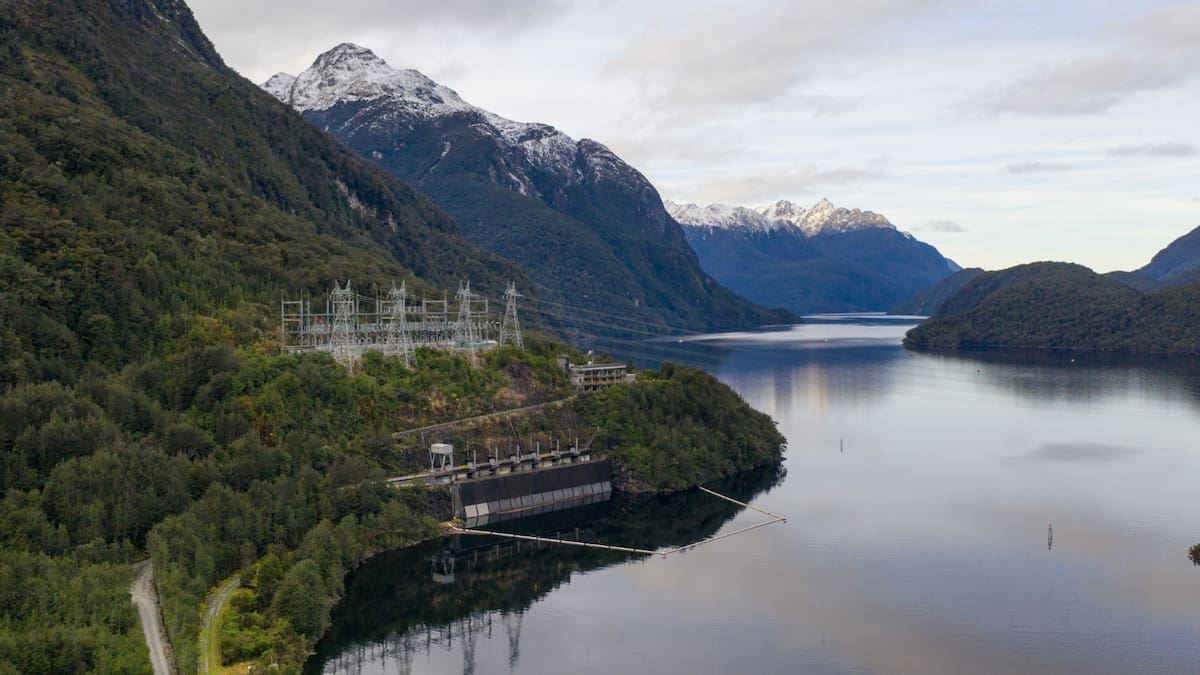“Building new generation is the best way to improve energy security and affordability.”
Verbiest said Meridian – which booked a $454 million net loss in the June year – had weathered a perfect storm.
“The combination of historically low hydro inflows, periods of low wind, two major droughts and a dramatic decline in gas availability made this a very challenging financial year.
“At the same time, we worked hard to strengthen the fundamentals of the business through sound investment for growth and delivering on our strategy.”
Meridian supplies power to roughly 30% of the economy.
The sector had drawn “an intense amount of scrutiny” as people dissected the events of last winter’s big price spike to $820 per megawatt hour, Verbiest said.
Chief executive Mike Roan said the current 2026 financial year was off to a strong start.
“We’re experiencing good spring winds and rain, we’re benefiting from the introduction of the Ruakākā BESS [battery energy storage system] and we have above average lake levels in both Waiau and the Waitaki catchments.
“While another neutral to weak La Niña summer is expected, which can bring drier conditions, we’re happy with how things currently stand,” he said, adding the company was well-positioned for future growth.
Roan said it was important for the industry to have clarity now that the Frontier Report and Government Energy Reform Package had been released.
“We have experienced 14 months of intense media and political scrutiny but, in the end, three world-class independent firms of economists concluded that our market is well structured and performing well, that vertically integrated companies like ours are a positive for customers, and that our market has healthy competition,” Verbiest said.
While Meridian’s residential energy price increases were modest again this year, the regulated increase in lines and transmission charges that form part of the overall bill was going to impact all customers for a few years to come, he said.
Jamie Gray is an Auckland-based journalist, covering the financial markets, the primary sector and energy. He joined the Herald in 2011
Listen and subscribe to the Today in Business podcast – the top headlines from the NZ Herald business team summarised and delivered by an artificial intelligence (AI) voice as an easily digestible recap.

